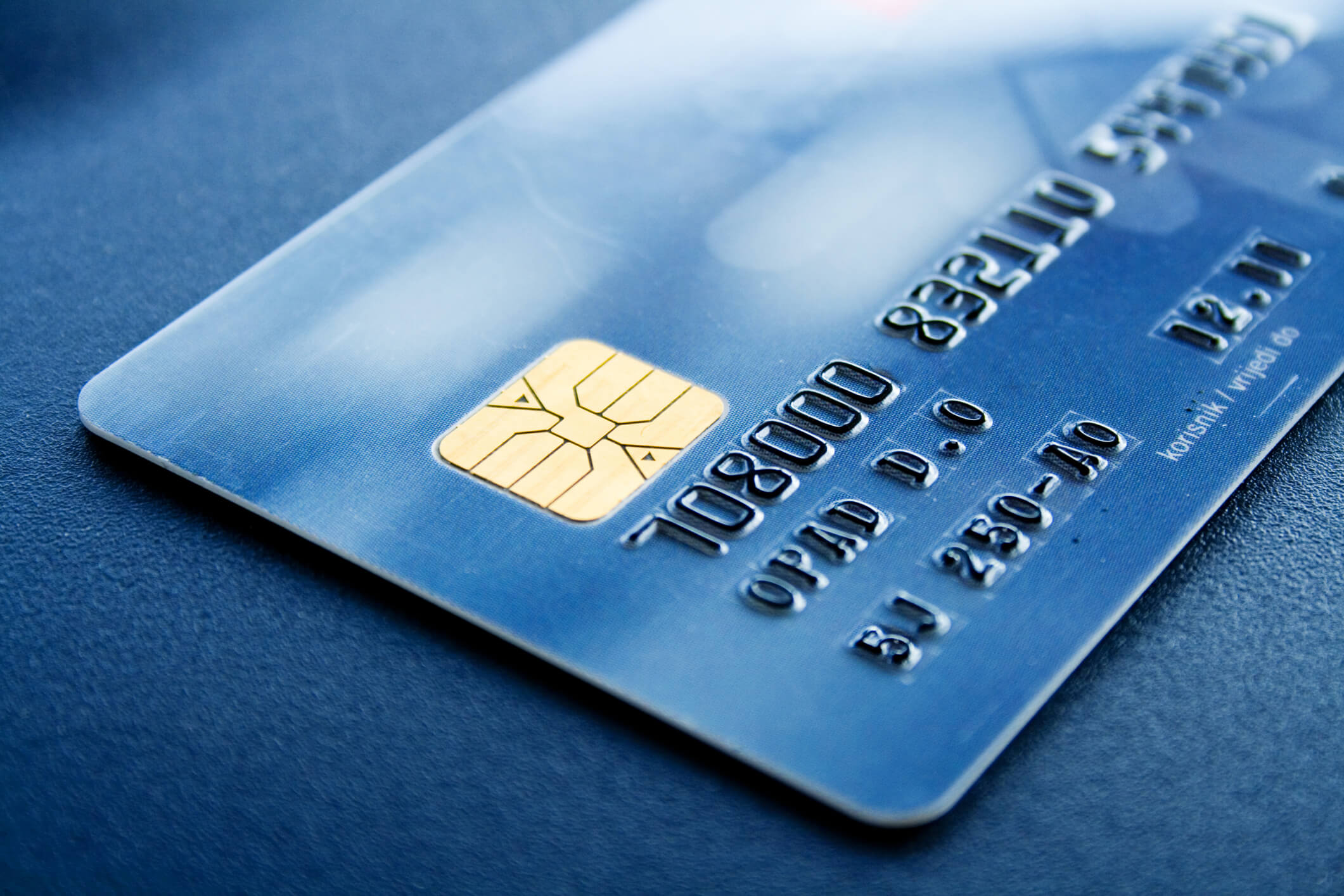Merchant Category Codes (MCCs) play a crucial role in the payment industry, providing a standardized way to categorize businesses based on the products or services they offer. These codes are essential for payment processors, card networks, and financial institutions to accurately identify and classify merchants. In this comprehensive guide, we...
Understanding Merchant Category Codes for Gyms
In the world of business, it is essential to have accurate and up-to-date information about your industry. This includes understanding the correct Merchant Category Codes (MCCs) for your gym business. MCCs are four-digit codes assigned to businesses by credit card companies to categorize the type of goods or services they...

